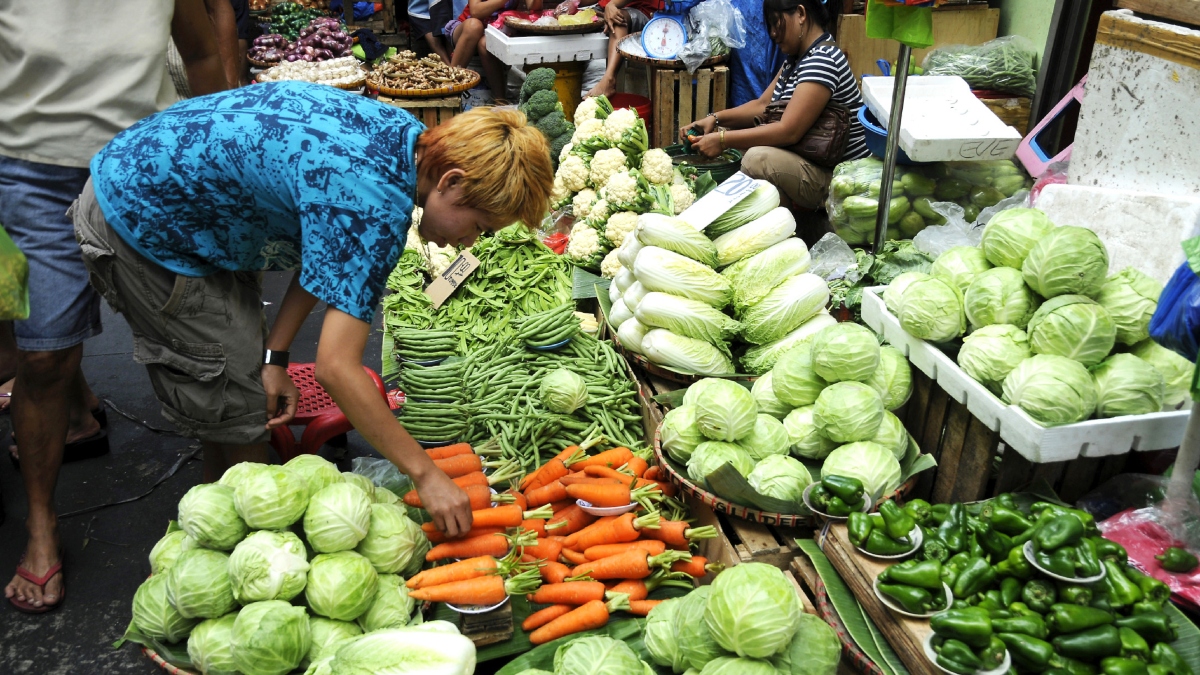A recent study conducted by scientists from the University of the Philippines Diliman College of Science, supported by the Department of Agriculture – Bureau of Agricultural Research, found that 13.60% of vegetable samples from urban farms and wet markets in Metro Manila were contaminated with E. coli bacteria.
The study, published in the Asia-Pacific Journal of Science and Technology, revealed that vegetables from urban farms had a higher rate of E. coli contamination compared to those from wet markets. The bacteria, commonly found in human and animal feces, can cause illnesses such as gastroenteritis, typhoid fever, and dysentery, though most strains are harmless.
Urban farmer Alynna Prado, who grows okra, eggplant, and sweet potato leaves, relies on the local water utility for irrigation but occasionally uses rainwater. “Minsan kasi ‘pag walang tubig dun kami umaano… ‘Pag meron kaming naiimbak na tubig na sa drum, ‘yun ang ginagamit namin,” Prado explained, highlighting the challenges faced by urban farmers.
The study noted that the use of rainwater, pond water, and well water for irrigation in urban farms increases the risk of bacterial contamination. Additionally, animals like dogs, cats, and chickens roaming around these farms contribute to the contamination of water and soil.
Consumers like Beth Soloria remain unconcerned, trusting that thorough washing and proper cooking eliminate potential risks. “Hinuhugasan ko po siya ng asin… niluluto ko po siya ng maayos,” she said. Meanwhile, vegetable vendor Jessa Ferrer emphasized the importance of consumer vigilance in handling produce.
Experts, including William Mugot from the Bureau of Plant Industry, stress that contamination risks exist throughout the food supply chain. Mugot highlighted the importance of proper food production and handling practices to minimize contamination, advising consumers to wash and cook vegetables thoroughly to reduce the risk of illness.






